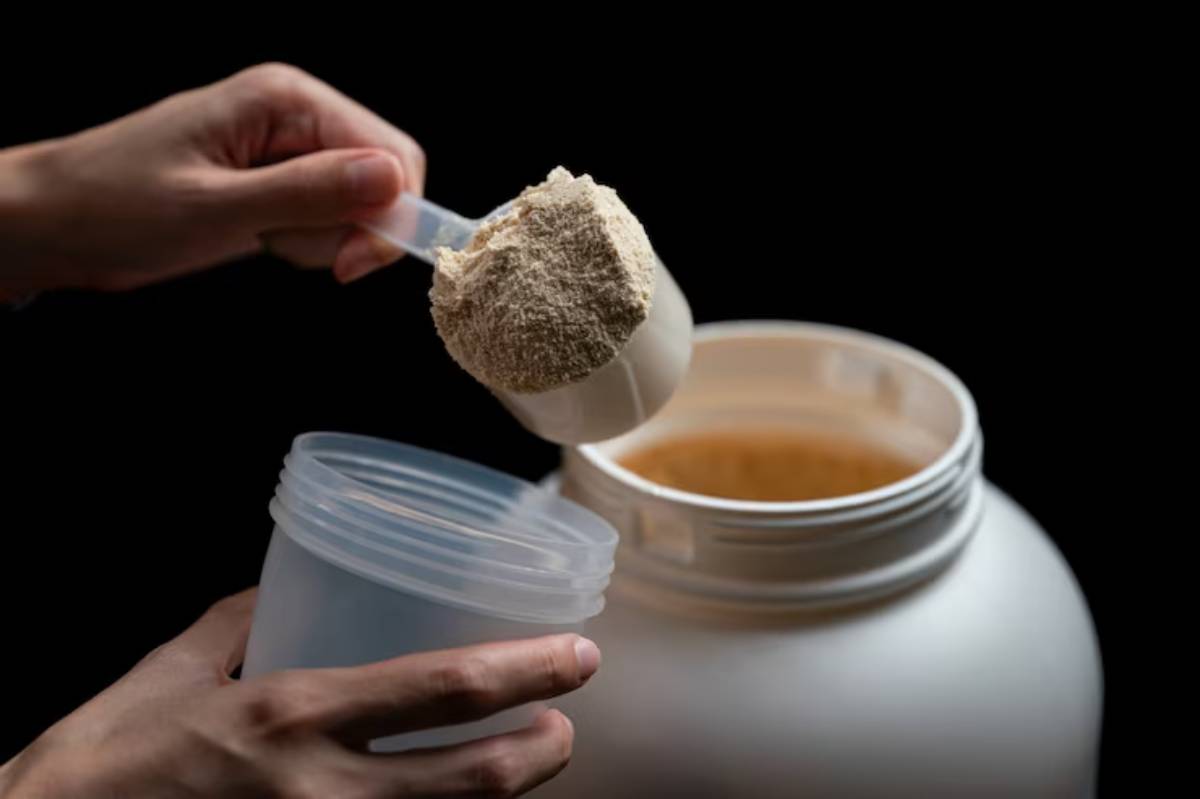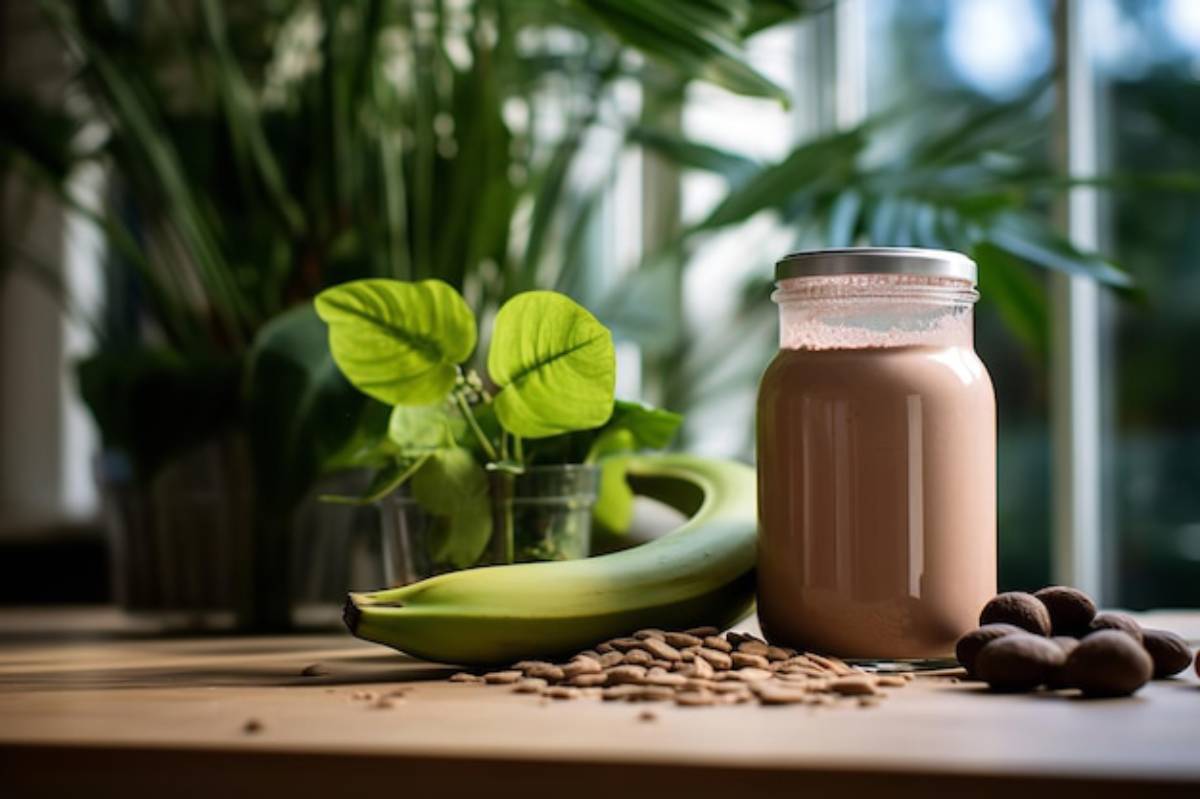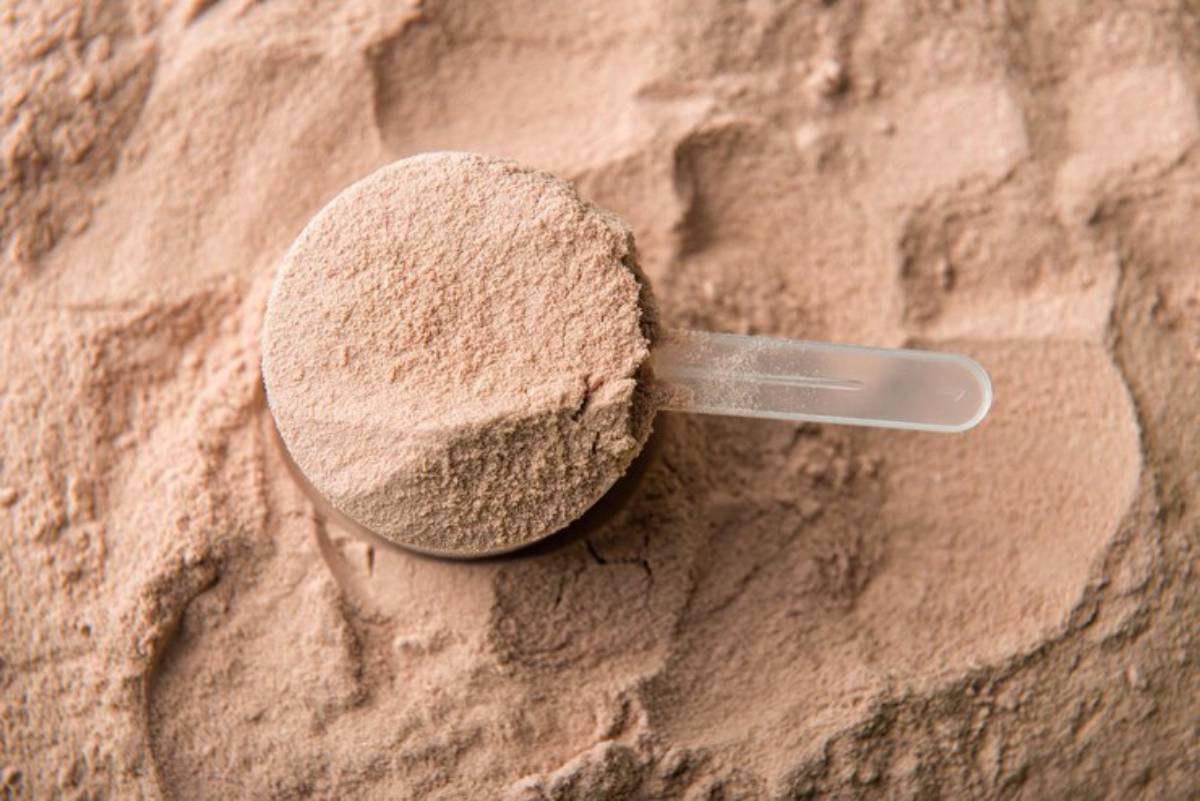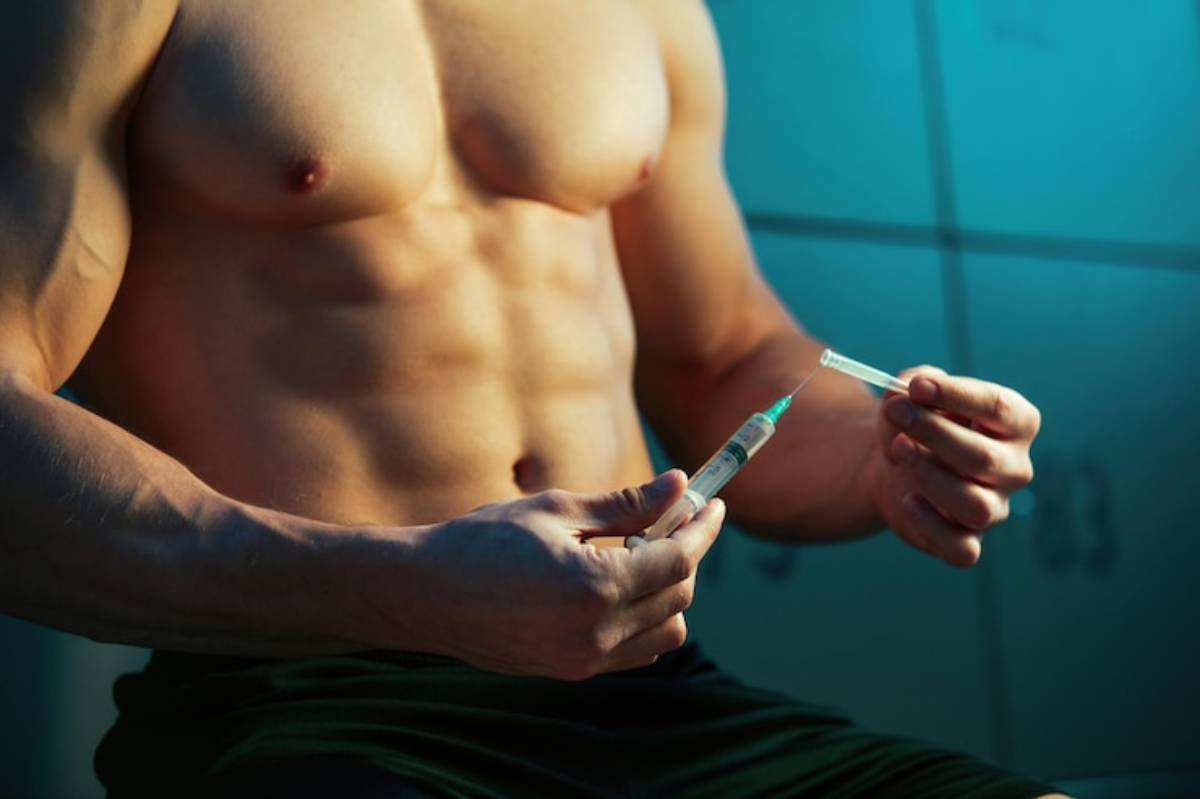
Are Test Boosters Safe? What You Should Know
With the surge in fitness culture and the growing emphasis on hormone health, testosterone boosters have become one of the most searched-for supplements in the muscle-building world. Whether it’s to enhance strength, increase energy, improve mood, or regain a sense of vitality, the promise of “more T” appeals to many.
But with big promises often come big questions. Are test boosters safe? Do they actually work? Are there hidden supplement side effects you should worry about?
In this comprehensive and practical guide, we’ll break down the myths, science, and safety surrounding testosterone supplements. You’ll learn how to evaluate the risks, choose the right ingredients, and use them responsibly, if at all.
Let’s cut through the noise and help you make informed, safe, and effective choices for your hormonal health.
What Are Testosterone Boosters?
Definition and Purpose
Testosterone boosters are dietary supplements designed to increase or optimise your body’s natural testosterone production. Unlike synthetic testosterone (e.g., TRT), they use herbs, vitamins, and minerals to encourage your own endocrine system to function better.
Who Typically Uses Them?
- Men over 30 dealing with age-related testosterone decline
- Strength athletes and bodybuilders
- Individuals recovering from burnout, overtraining, or stress
- People experiencing fatigue, low libido, or poor recovery
Key Ingredients to Know
- D-Aspartic Acid (DAA)
- Ashwagandha
- Zinc and Magnesium (ZMA)
- Fenugreek
- Vitamin D3
- Tongkat Ali
- Tribulus Terrestris (less effective, but still common)
Do Testosterone Boosters Actually Work?
The Honest Answer: It Depends
Effectiveness largely depends on:
- Baseline hormone levels (deficient men see better results)
- Quality and dosage of the ingredients
- Lifestyle factors (diet, sleep, training, and stress)
Evidence-Based Support
- DAA: Shown to increase testosterone by 30–60% in some studies, especially in men with low T
- Ashwagandha: Proven to reduce cortisol and improve testosterone levels, particularly in stressed individuals
- Vitamin D3: Correlated with higher testosterone in men with deficiency
Key Insight: Supplements can only support natural processes. They’re not magic pills. Without lifestyle alignment, they won’t fix anything.
Are Test Boosters Safe?
Generally Safe When:

- Combined with good sleep, training, and diet
- Using clinically-studied ingredients at correct dosages
- Sourced from reputable brands
- Used as per label guidelines
Potential Side Effects
Even with natural ingredients, you may experience.
- Sleep disturbances (some ingredients are energising)
- Hormonal fluctuations (especially with poor quality or mega doses)
- Digestive issues (e.g., fenugreek can cause bloating or gas)
- Increased aggression or irritability (rare, usually dose-related)
- Overstimulation or crashes if mixed with pre-workouts
Red Flags to Avoid
- Proprietary blends hiding exact dosages
- Unregulated ingredients or steroid precursors
- Mega dosing beyond clinical ranges
- Unknown brands with sketchy reviews or no third-party testing
How to Choose a Safe Testosterone Booster
Checklist Before Buying:
- Look for clinical doses: e.g., DAA (3,000 mg), Ashwagandha (600 mg), Zinc (30 mg)
- Check for certifications: GMP-certified, third-party tested
- Avoid synthetic hormone analogues: No prohormones or SARMs
- Read user reviews: Look for consistency in reported effects
- Know your blood levels: Testing your testosterone before and after can validate effectiveness
Bonus Tip: Stack test boosters with sleep support supplements like magnesium and glycine to balance out potential over-stimulation.
Who Should Avoid Test Boosters?
Not every supplement is right for everyone.
You should skip them if you:
- Have a history of hormone-sensitive conditions (like prostate issues)
- Are under 21 (your natural levels are likely still optimal)
- Are on prescription medications that interact with hormones
- Experience anxiety or mood swings, as some ingredients may amplify them
Consult your GP if unsure. Natural doesn’t always mean harmless.
Natural Alternatives to Commercial Test Boosters
Top Hormone-Healthy Lifestyle Habits:
- Lift heavy and sprint: Compound resistance training spikes testosterone
- Sleep 7–9 hours: Most testosterone is released during deep sleep
- Reduce belly fat: Abdominal fat converts T to oestrogen
- Eat enough healthy fats: Cholesterol is the building block for hormones
- Manage stress: Cortisol is the enemy of testosterone
Adaptogens for Long-Term Support
Herbs like rhodiola, holy basil, and cordyceps support hormonal balance by moderating cortisol, improving energy, and promoting resilience.
Further Reading: Check out Adaptogens for Strength and Hormone Balance.
Sample Safe Test Booster Stack
| Time of Day | Supplement | Dosage |
| Morning | Vitamin D3 + Zinc | 2,000 IU + 30 mg |
| Midday | D-Aspartic Acid | 3,000 mg |
| Evening | Ashwagandha + Magnesium | 600 mg + 300 mg |
| Optional | Fenugreek (split dose) | 500 mg AM / 500 mg PM |
Cycle Tip: Use boosters for 6–8 weeks, then take 2–4 weeks off.
Real User Insights
Marcus (31, CrossFit Coach)
“I tracked my testosterone levels before and after using DAA + Ashwagandha. Energy and recovery improved. Bloods confirmed a 25% increase. Felt sharper too.”
Elaine (41, Sports Nutritionist)
“Most of my male clients don’t need boosters. We fix their sleep and micronutrients first. But for older guys or vegans, zinc and D3 make a huge difference.”
David (28, Competitive Lifter)
“Used a cheap booster with a proprietary blend. No results. Switched to a clean stack with clinical doses and saw better workouts and recovery within weeks.”
Common Myths About Test Boosters
Myth #1: They Work Like Steroids
Truth: Natural boosters don’t inject testosterone. They encourage your body to optimise production. Results are gradual, not instant.
Myth #2: More Is Better
Truth: Overdosing can disrupt your hormonal balance and cause side effects.
Myth #3: All Boosters Are Scams
Truth: Many are junk. But high-quality, well-dosed boosters can work when used wisely and paired with healthy habits.
Conclusion: Knowledge = Safer Gains
Testosterone booster safety comes down to education, intention, and responsible use. They’re not miracle pills, but when used correctly, they can support your hormonal health, strength, and vitality — especially if you’re experiencing signs of low T.
Here’s your safe route:
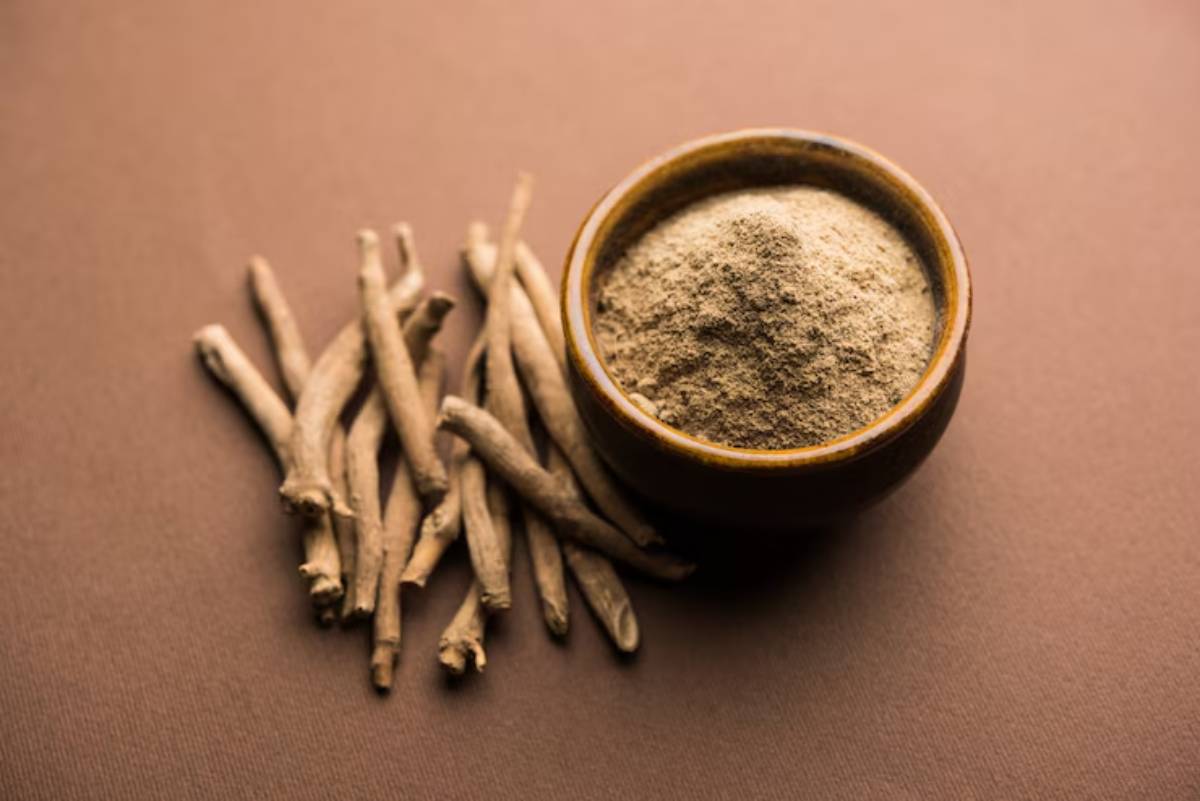
- Stick to proven ingredients like DAA, zinc, magnesium, and ashwagandha
- Choose products with transparent labels and clinical doses
- Cycle smartly and monitor your symptoms and blood work
- Prioritise sleep, stress management, and whole-food nutrition
Stay safe. Stay strong. And don’t get sold by hype.
What’s Your Experience?
Ever used a test booster? What worked, and what didn’t?
Share your feedback in the comments and explore Top Natural Testosterone Boosters That Work for a breakdown of the best-tested ingredients.
Subscribe for evidence-based supplement reviews, performance guides, and hormonal optimisation tips.
